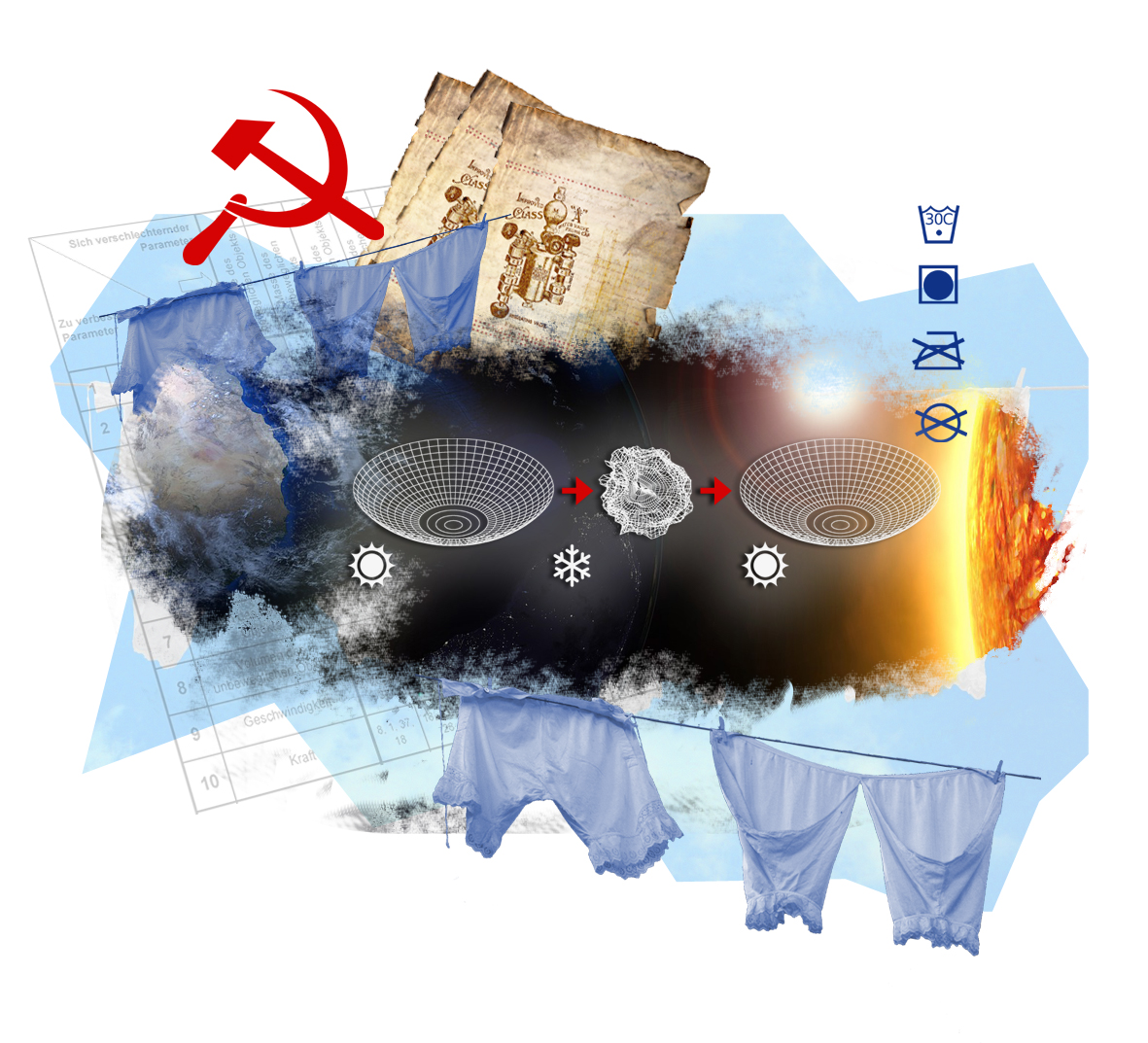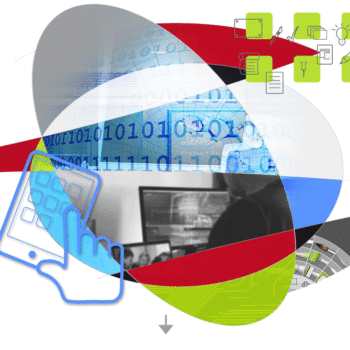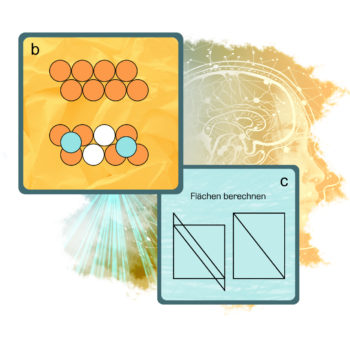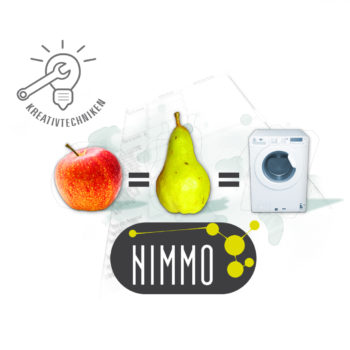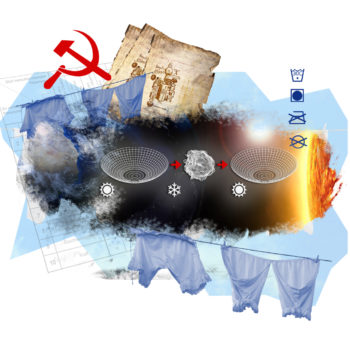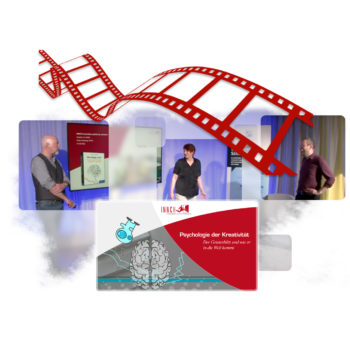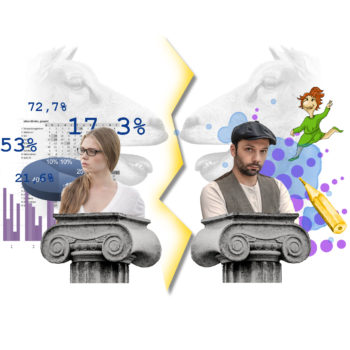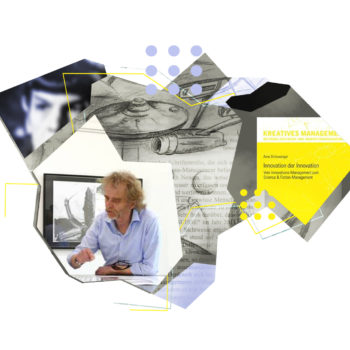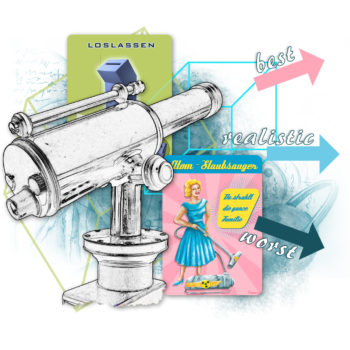It is not possible to look into the crystal ball. But there are methods that can provide planning certainty and inspiration. A critical comparison of forecasting methods.
Rarely has uncertainty about the future been greater than it is today (at least as far as the last few decades are concerned). Hardly anyone who doesn’t ask themselves questions like: Will there be a new lockdown in a few weeks? Should I better buy toilet paper? What will 2021 bring us? Will there be a vaccine then? What will the world look like in the next few years? How will my industry develop, how will the market develop, what new risks will I face? How will my customers think and act? Do I need to change my strategies, and if so, how and when?
But forecasting is difficult, as a look at the various scientifically based forecasting approaches shows.
Futurology
Futurology uses quantitative and qualitative methods and (computer) simulations to investigate future developments in technology, business or society. The successes are moderate, as retrospective observations show. One example: Of the predictions for the year 2000 published by the Hudson Institute in the 1960s (“You will experience it — Science’s predictions up to the year 2000”), only about half came true. The probability estimate proved to be not very reliable. What was interesting about the comparison of the predictions and the developments that actually occurred was that desirable events tended to occur more frequently. A similar picture emerges for the predictions of the Club of Rome in 1972. The fact that most of the gloomy predictions did not become reality to the extent predicted is attributed to the fact that the warning was successful and led to a change in thinking. The predictions apparently influenced the future.
Trend research
Trend research is, in a way, the little sister of futurology. It examines current developments and makes predictions for short- to medium-term periods at best: What is currently apparent and is likely to remain valid in the near future? A large part of market research is quasi-trend research; its results are usually only implemented one or two years later anyway, e.g. in the development of innovations that are then expected to be successful for a few years. In times like the current Corona crisis, however, trend research also reaches its limits. Moreover, it only assumes unquestioningly that current trends will continue and does not systematically investigate future developments.
Delphi method
In the Delphi method, experts are asked about their assessment of future developments. As a rule, this is carried out in several stages and with the aid of a catalog of questions and topics. This method also generates more incorrect forecasts and does not provide a reliable basis for strategic corporate decisions. Experts also cannot really look into the future.
The fact that all these methods provide little in the way of reliable forecasts is not surprising. In complex, interacting systems, this is not possible in principle. A trend can continue, accelerate, weaken and be replaced by completely different developments. A “wild card” — an unexpected event — throws everything over anyway. Corona is such a wild card.
Scenario technique
Only the scenario technique performs well. Strictly speaking, however, it is not a forecasting method. It does not predict anything, but develops alternative “futures” based on the actual situation. It collects and structures influencing factors — usually for a clearly defined area — and describes their possible interconnections, effects and possibilities for influencing each other. This systematic analysis usually results in several and often very different future scenarios.
The purpose of the scenario technique is also not to predict the future. Rather, it is intended to provide better planning certainty, to help people find their way through the complexity more easily. In the 1970s, for example, Shell had already used scenario techniques to play through a sudden reduction in supply on the crude oil market and therefore already had possible solutions for the oil crisis in the pipeline. In the end, the group had better balance sheets than its competitors.
Psychological scenarios
Psychological scenarios are an application of the classic scenario technique to the consumer sector. We create such scenarios — usually following a baseline and trend study — as part of the “Future Guide”. In addition to external influencing factors, psychological factors are explicitly taken into account. Interestingly, such factors provide a certain constant in the equation with many unknowns, because nothing significant has changed in human needs at a fundamental level over the millennia. Even today, we can still relate to the psychological dramaturgy of love, betrayal, power, or envy in Shakespeare’s works as if they had been written today.
Of course, it is impossible to predict what will be fashionable in 5 or 10 years’ time, or which products will excite people. But what basically touches, frightens, fascinates or excites people about products, brands or messages can. This helps — despite all the unpredictable external factors — to describe scenarios with at least rough probabilities of occurrence.
But be careful: It is not helpful to simply ask consumers about their needs or desires. Most people cannot simply imagine — and thus “wish” — what will be possible in the future. Everyone knows the famous phrase attributed to Henry Ford: “If I had asked people what they wanted, they would have said: faster horses”. This requires a thorough psychological analysis, uncovering the primal human level “behind” the current desires. Factors such as inertia, convenience and social desirability must also be subtracted. For the scenarios, these are then translated back to the concrete and everyday realm.
In addition to increasing planning reliability, such psychological scenarios also have another advantage: they are inspiration for a future that we are only creating, much like science fiction has succeeded in doing for decades. The psychological scenarios we have developed on behalf of clients as a “Future Guide” have often proved to be a good basis for the development of ideas and innovations.


